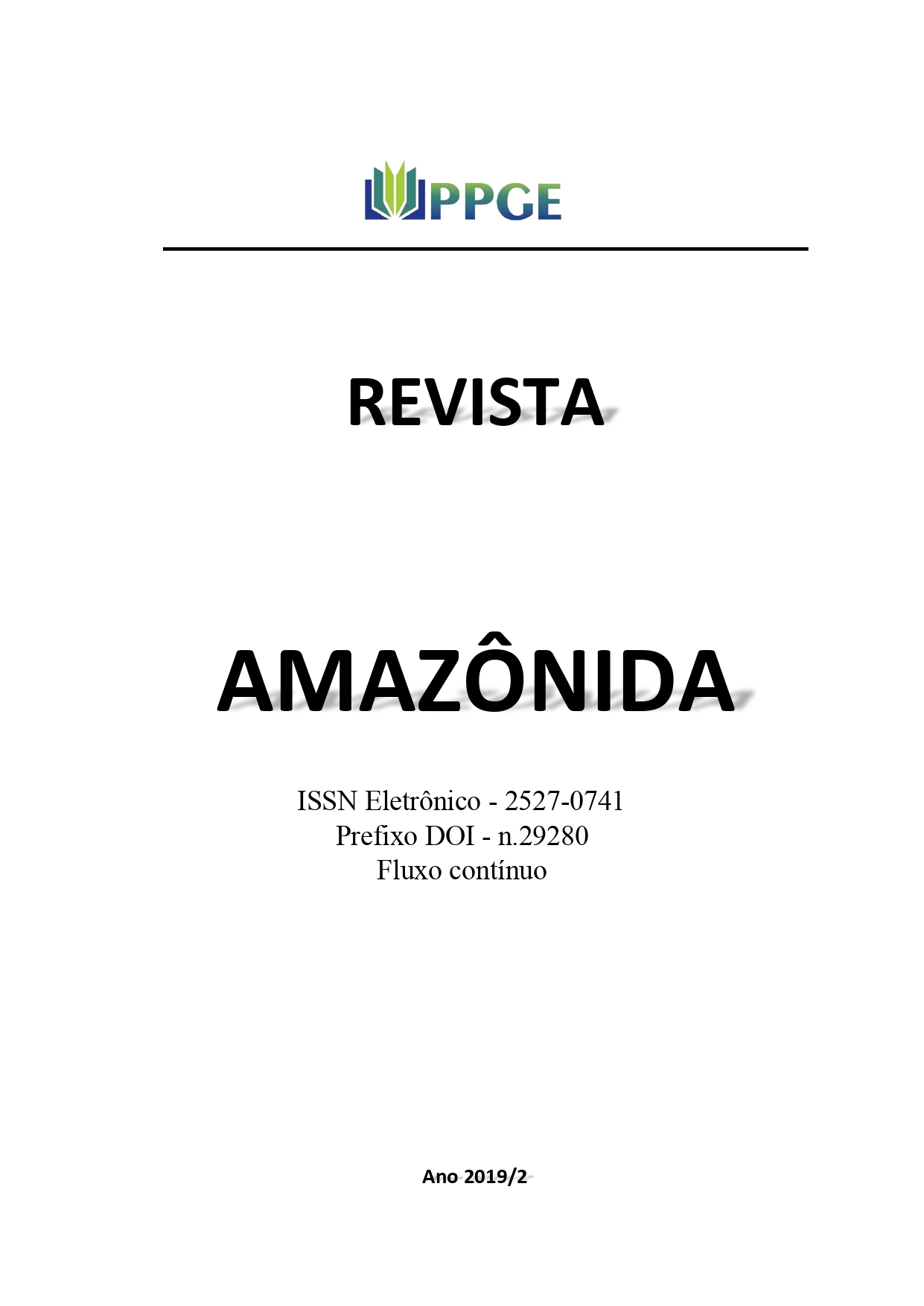Percepções do movimento escola sem partido: currículos pastorais e o professor como catequista
DOI:
https://doi.org/10.29280/rappge.v4i1.4942Resumen
Abstract
The purpose of this paper is to consider the following question: "What perceptions does the (anti) movement “Escola sem Partido (EsP)”(School-without-Political-Party)spread about curricula and how do these perceptions affect teacher training?" Perceptions are considered as blocks of organized sensations that reflect in the attribution of forms and functions to certain events. In this sense, perceptions are brought to the scene to think about curricular productions, establishing ways of knowing, thinking, being and existing, as they delineate the formative paths. It is the perceptions of anti-movements and of social movements that draw the compositions of educational guidelines. In the Brazilian contemporaneity, the EsP movement has operated as an articulator of conservative anti-movements, because they operate from their perceptions and convictions. This contributes to the EsP gaining prominence in the mediation of educational plans, proposing editions of the Law on Guidelines and Bases of National Education, changes in education laws in the State and Municipal spheres, as well as serving to compose a collective imaginary about the themes it advocates. It is from this scenario that the need for reflection on the following question is catalyzed: "what curricular perceptions does this movement use as a substrate to put anti-movements into action?" Thus, it is evident that at the base of the EsP is desired the establishment of a "pastoral curriculum", of democratic anti-administration, inclined to maintain a status quo of the current morality through elimination of strong themes. This shift also leads to another look at the Teaching Practice, that of the "Catechist teacher", so that his practice is emptied of criticism. This perception, however, is contrary to the (inter) national proposals for continuing education practices. In this sense, the present text will be organized in: a) The EsP and its insurgency; b) The curricular perspective of the EsP movement; and c) The denial of teaching practice.
Keywords: Curriculum; Education; Teaching Practice; “Escola sem Partido”(School Without Political Party).






















